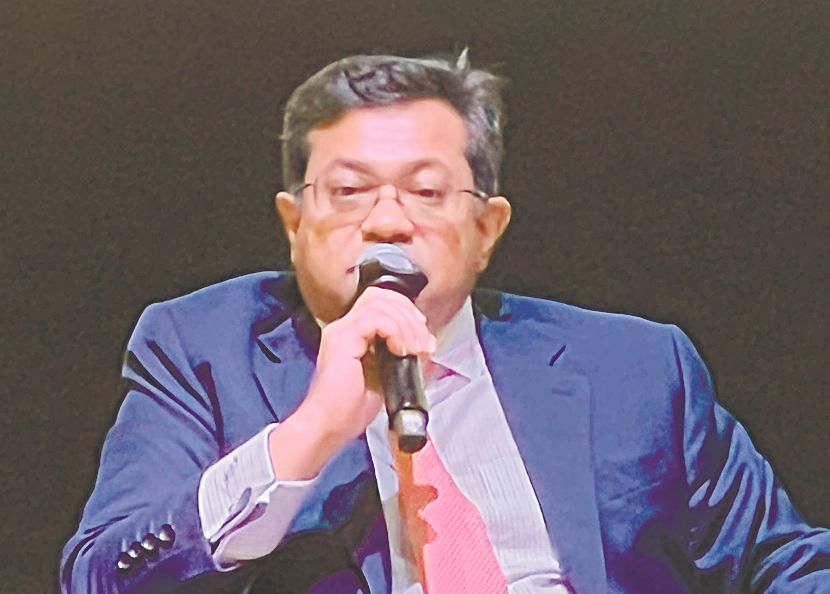KUALA LUMPUR: Malaysia is set to accelerate its development amid challenges in talent acquisition and domestic investments after becoming a BRICS partner country.
Malaysian Investment Development Authority (Mida) CEO Datuk Sikh Shamsul Ibrahim Sikh Abdul Majid said this partnership aligns with Malaysia’s broader push to meet its industrial and economic ambitions under the National Semiconductor Strategy.
He emphasised that resolving Malaysia’s talent shortage remains a long-term challenge, requiring cohesive efforts across universities, ministries, and agencies.
“The talent gap is a structural issue. Producing the 60,000 skilled professionals needed for the semiconductor industry is an ongoing effort that involves connecting educational institutions with industry demands,” he told reporters at the Mida-MIER Budget Insights Forum today.
Shamsul noted that the government’s approach includes the activation of Mida’s Talent Management Division to bridge the gap between industry requirements and talent supply.
“However, officials acknowledged that more comprehensive policies are essential to meet the expectations of companies investing in Malaysia,” he said.
Additionally, Shamsul said, the partnership with BRICS is seen as a critical step toward boosting domestic investments in high-growth and high-value industries.
“The government aims to shift reliance away from foreign direct investment by encouraging local companies to scale up their investments in manufacturing and technology-intensive sectors.
“While foreign investors often bring substantial capital into a limited number of projects, local companies tend to launch many projects with relatively low investment value. For Malaysia to compete globally, we need our domestic firms to invest more in advanced manufacturing and high-tech industries.”
On the outlook for 2025, Shamsul said Mida has set ambitious goals to strengthen domestic investment and reduce over-dependence on services, targeting a more balanced approach between manufacturing and high-tech industries.
“GLIX, a prominent local investor, has been cited as a model for successfully channelling capital into high-growth sectors.
“Our collaboration with BRICS marks a new chapter in Malaysia’s industrial development. By leveraging strategic partnerships and fostering talent development, we aim to create a robust ecosystem that supports both foreign and domestic investments,” he added.
In another move to expand the renewable energy sector, Shamsul said, Malaysia is collaborating with authorities in the United States to enhance its solar industry.
“A team from the US specialising in solar energy will visit Malaysia this month to conduct a comprehensive survey and engage with local solar companies. The US team, working in coordination with the Ministry of Energy and Ministry of International Trade and Industry, aims to gather accurate data on Malaysia’s solar industry. This step is crucial as the information available to them may not reflect the ground realities,” he said.
Shamsul noted that the survey will focus on understanding the challenges and opportunities within the Malaysian solar sector, including tariff structures and market dynamics. “Some countries impose high tariffs, while others don’t. The US delegation’s visit will help evaluate these differences and inform future collaborations.”
Discussions set to be held during the visit are expected to cover key aspects of solar module sales and strategies for scaling up Malaysia’s renewable energy capabilities, he added.









